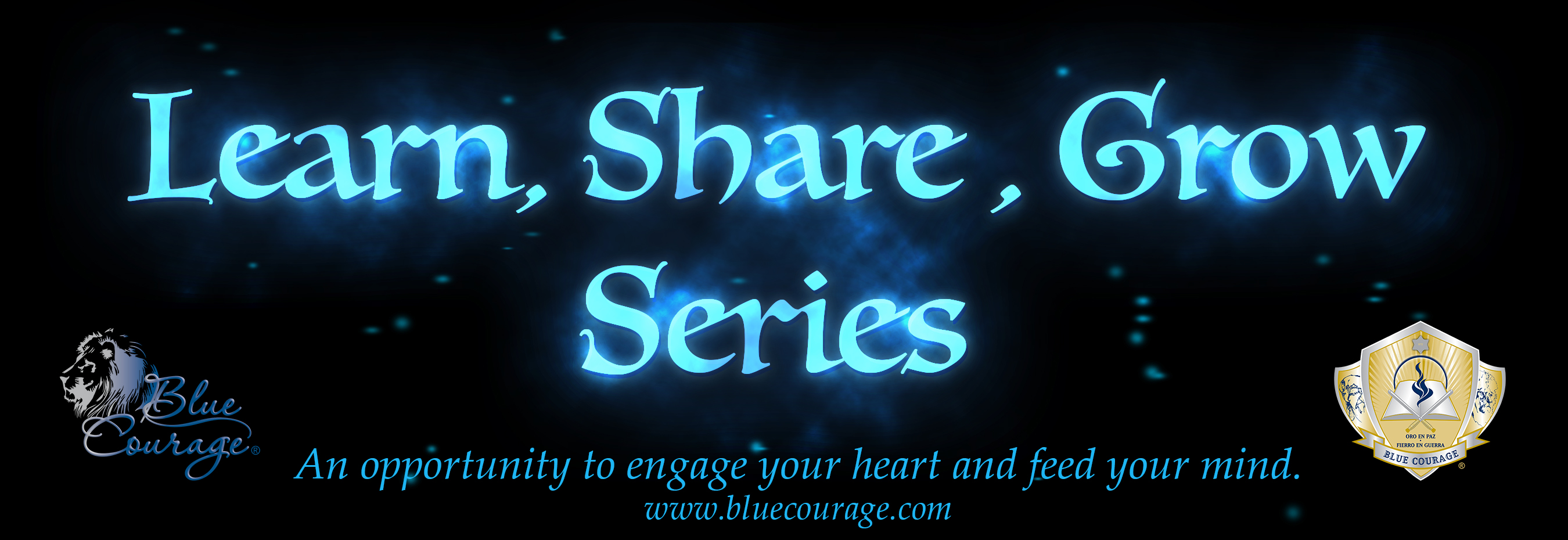I want to tell you how I gave myself an education by reading books. I’m going to do this in two installments.
In part one, I’ll share the techniques that worked for me. In part two, I’ll tell you about the mistakes I made—and what I’d change if I was doing this all over again.
But I need to issue a warning upfront.
Here’s the warning: I am not recommending these tips and techniques for anybody. What I did was extreme, and driven by an intense desire to expand my mind and broaden my understanding of the world. I went beyond what was reasonable—almost the way a high performance athlete trains for some ultra-competitive event.
That’s why I’ve never discussed this publicly or written about it before—although this reading strategy has been a major part of my life for decades.
You could even say my lifetime reading plan was an extreme sport—only without the physical exertion. I stayed in my comfy chair instead.
Okay, that sounds absurd. But in terms of discipline, consistency, and mental focus, the comparison is apt. What I did with books was like karate or mountain-climbing for the soul and mind.
So I share these techniques only because people are curious about such things, and not because I want or expect others to climb the same mountain. However, I am aware that a few of you are pursuing a similar self-education program and some, like me, have been doing this for decades with significant results. For those folks, these tips may have some practical value.
Continue Reading Here.
Key Learnings:
- You must take responsibility for your own education - teaching yourself is the most useful skill. The best professors radiate a kind of wholeness and depth, and provide role models. They teach by example. They learned from reading and therefore assign books for you to read as well.
- Spend a lot of time reading - always find time to read despite the demands of a job or life.
- Read for mind-expansion, not entertainment, and seek out challenging books - read at least one or two long, challenging books each year. The cumulative impact is life-changing.
- It's okay to read slowly - follow your natural reading pace when possible to savor and slowly digest what you're reading. Read what you can handle daily, especially when reading more dense writing. Slow reading can benefit you with deeper and more mind-expanding learning by not rushing it.
- Reading out loud is great - some works are better savored this way, because of the music of the language (such as poetry).
- Keep track of your reading - read for holistic purposes, not project-driven. Your reading plan should be fuel for your inner life.
- Identify gaps in your reading education, make lists of books you need to read to fill the gaps, and read every book on the list - when you read the list, identify new gaps and start a new list, and keep going. Eventually you will become well-read and have knowledge in areas other than your expertise -- and your knowledge will show up indirectly in all that you do.
- Read old and new books - don't just stick to one type of reading.


